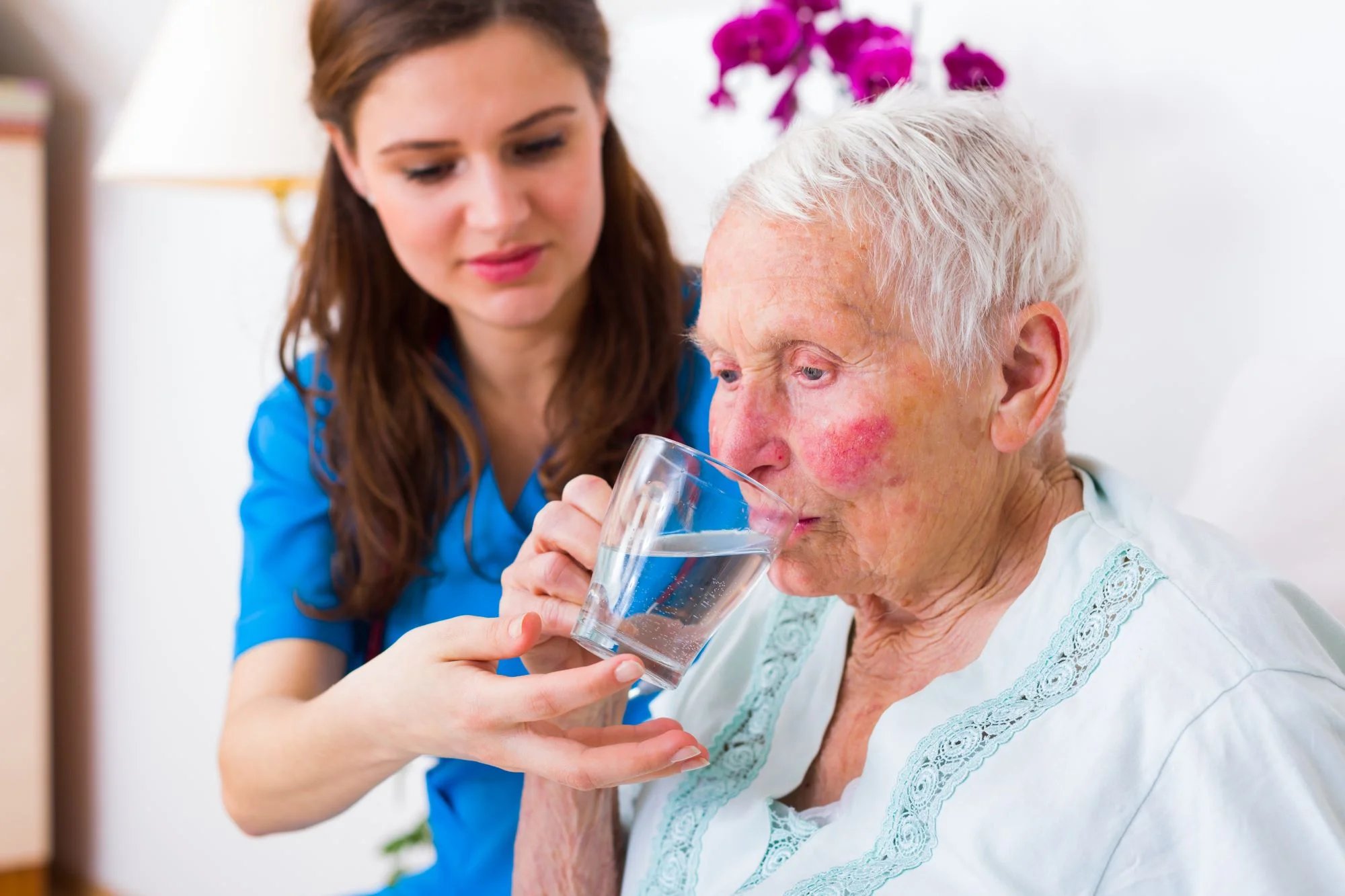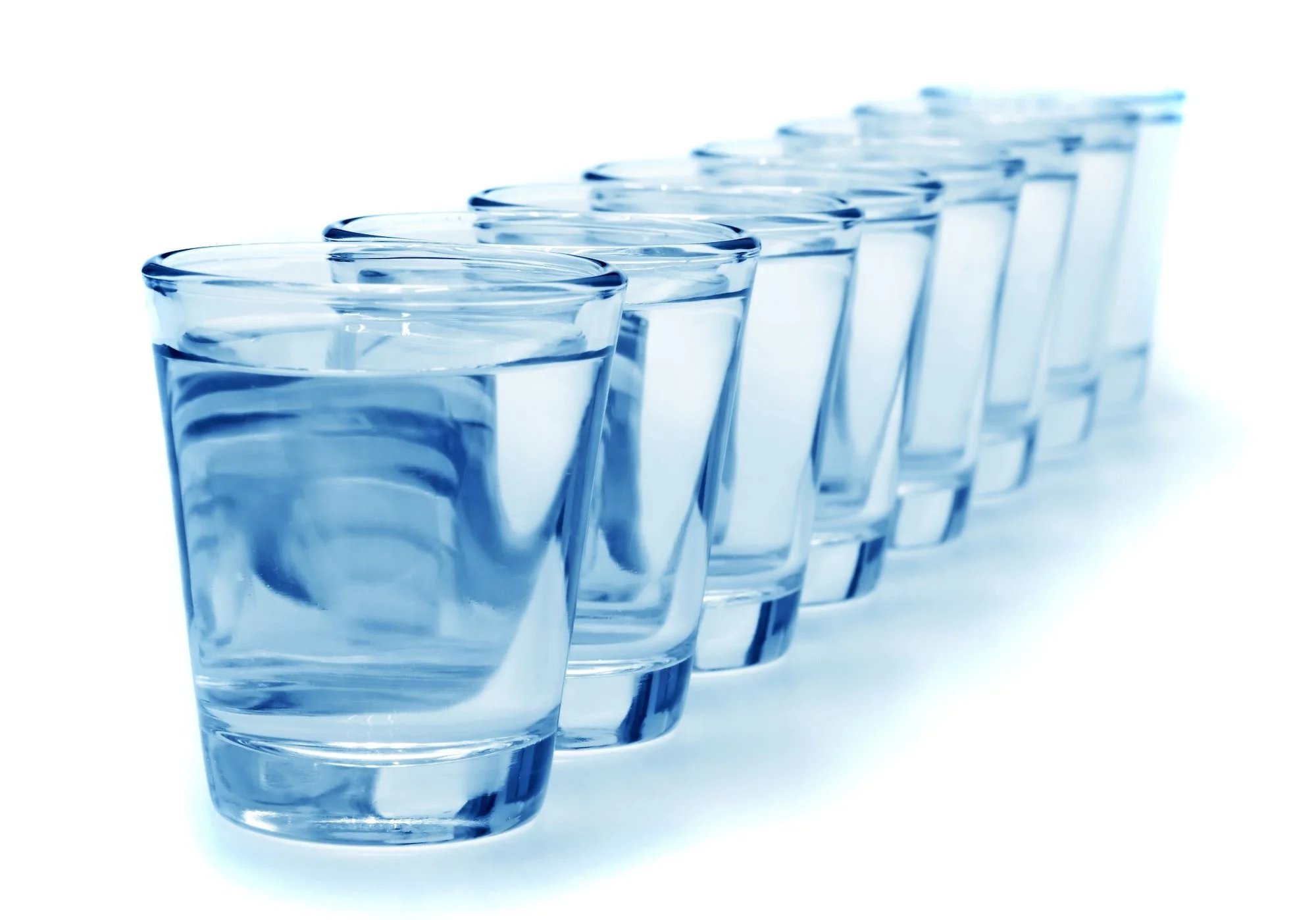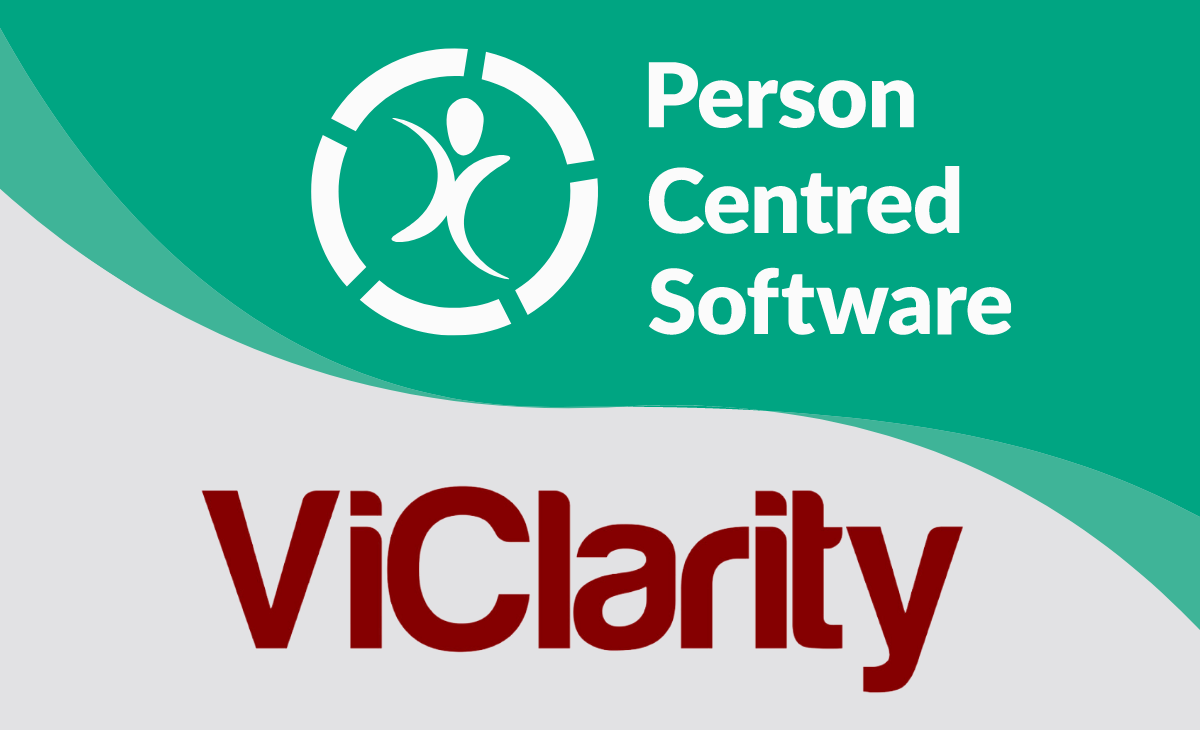Fluid monitoring with mCare

Falls due to dehydration have significantly reduced at one care home group by using mCare, our digital social care record system, to evidence and monitor fluids.
It's common for older adults to forget to drink enough water. It's also common for older adults to become dehydrated due to a diminished sense of thirst; they may need extra support to stay hydrated.
Furthermore, according to the NHS, 75% of nursing home residents have swallowing difficulties, which make them susceptible to decreased fluid intake. These factors increase the risk of dehydration and UTIs in older adults, which can then lead to confusion, falls, acute kidney injury and hospital admission.
The British Medical Journal (BMJ) has identified dehydration as a significant contributor to hospital admissions among nursing home residents.
Monitoring fluids using paper charts can be insufficient
According to an NHS hydration guide for care homes, there is no formal rule for the amount of water residents consume daily; the general recommendation is to have 6- 8 cups of water per day, roughly 1.5-2 litres.

The Care Quality Commission (CQC) states that:
"Where a person is assessed as needing a specific diet, this must be provided in line with that assessment. Nutritional and hydration intake should be monitored and recorded to prevent unnecessary dehydration, weight loss or weight gain".
However, paper-based fluid charts make it challenging to monitor fluid intake during the day, and finding out that someone hasn't drunk enough fluids only at the end of the day is not helpful and can lead to insufficient hydration.
The solution: monitoring fluids in real-time with mCare
Care providers can monitor fluids in real-time using mCare's Fluid and Nutrition Monitoring feature.
With the Fluid and Nutrition Monitoring feature, carers can fully personalise each resident's fluid needs, indicating each person's fluid requirements, whether a fluid target needs to be met, or whether a fluid cap is in place due to a medical condition.
In April 2017, at one care home group, 20% of the residents appeared to have drunk under the 1.5 litres daily fluid intake, which had been set as a daily hydration target.
Within a month of implementing mCare, the care home group had reduced the number of people with possible hydration issues to four a day (out of 500 residents). Furthermore, falls had decreased by 33% since they started monitoring fluid intake, and residents were drinking, on average, 400 ml more than the daily target of 1.5 litres.
Using mCare to monitor fluid intake accurately is an easy and effective way to ensure that older adults in care homes stay hydrated.
The fluid offered to residents and the amount drunk in millilitres can be evidenced at the point of care on our Care Delivery App. Reminders to provide drinks can also be set up as part of a planned care routine, with a traffic light system of flags to alert care staff when a care task is due or if a care task hasn't been done within a certain time frame.
The fluid evidence automatically populates a fluid watch dashboard tile displaying how much a resident has been offered to drink and how much has been drunk in the last 24 hours. If the resident falls below their fluid threshold for the rolling 24-hour period, the tile is highlighted in red for easy identification.
If any drinks are requested or offered outside of the planned routine, they can still be evidenced just as easily and will also immediately update the fluid watch dashboard tile.
![]()
The fluid watch dashboard tile displays the most up-to-date information to all staff members; this ensures that every person's total fluid intake is known by everyone involved in their care, so if more fluids are needed, they can be offered by staff in a timely way. The fluid watch dashboard tile displays the most up-to-date information regarding the fluid intake of all residents to every staff member involved in their care - this ensures that everyone is aware of each person's total fluid intake, enabling staff to offer additional fluids if necessary.
If your care home is part of a group, you can use mCare's Group Reporting feature for high-level compliance, occupancy, and safeguarding auditing across each location; this includes highlighting when residents haven't received enough fluids.
Electronic evidence of care and care planning allows care homes to more accurately evidence and monitor fluids to reduce dehydration among their residents. The ability to analyse the data collected significantly impacts people's wellbeing by avoiding falls and other complications caused by dehydration.
mCare has been helping to improve care, make care more person-centred, reduce hospital admissions, and provide greater peace of mind for loved ones that their relatives are receiving the highest quality of care.
![]()
Person Centred Software also provides Smart Cups, intelligent drinking glasses that continuously monitor fluid and summarise and deliver relevant insights and notifications to carers, healthcare professionals and relatives, helping to prevent dehydration.
![]()
Smart Cups
Continuously monitor fluid, summarise, and provide relevant insights and notifications to carers.







.webp?width=80&height=80&name=HTD%20Awards%202023%20Badge%20(4).webp)














